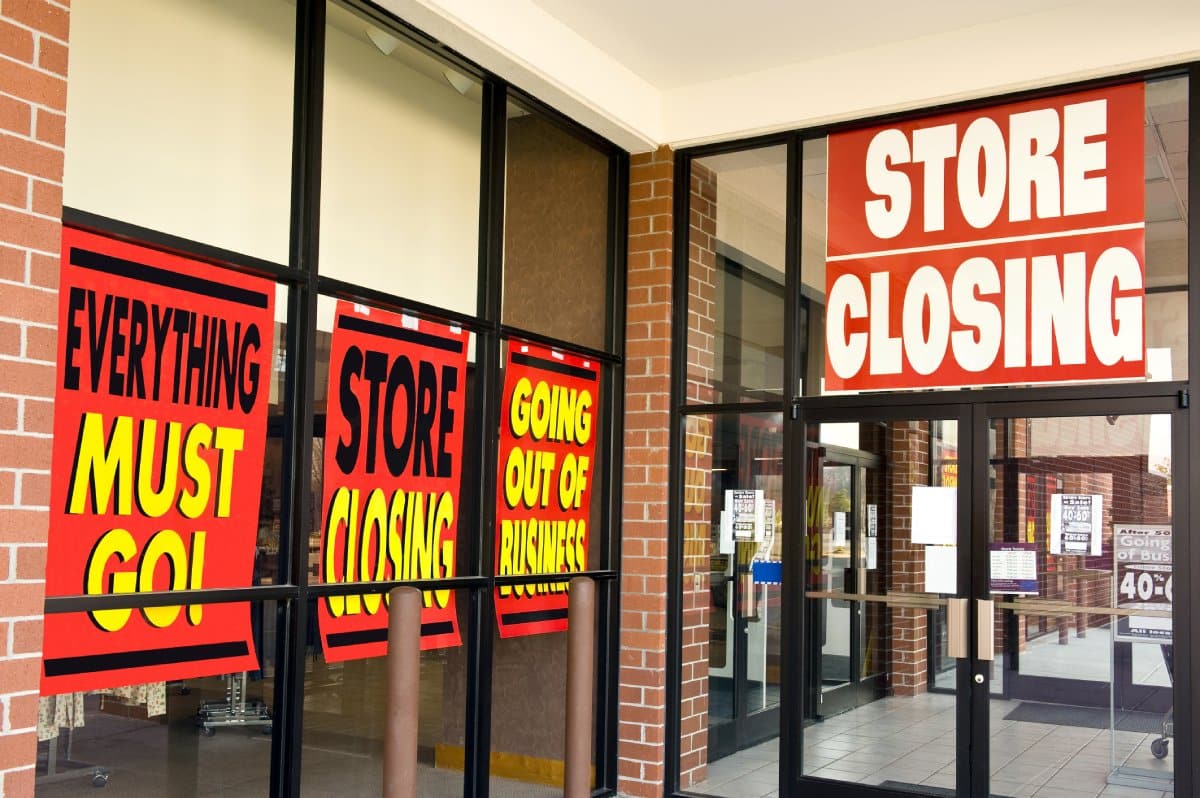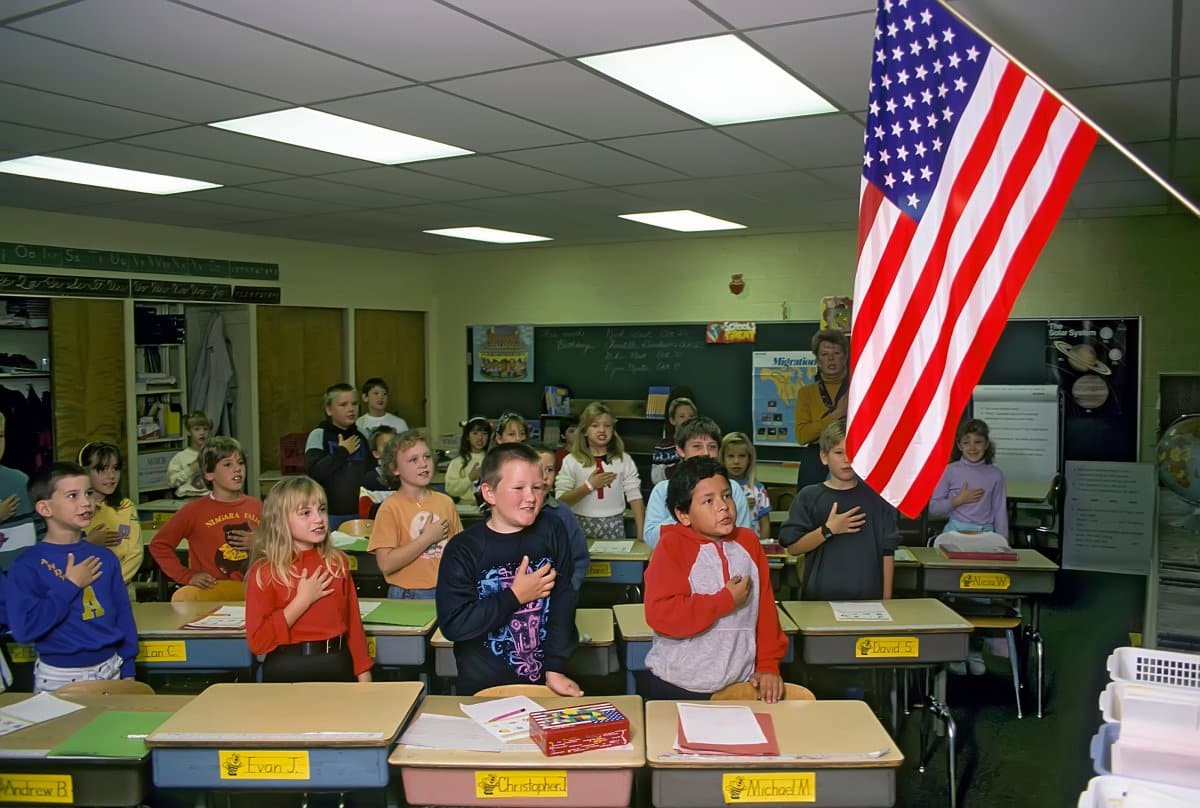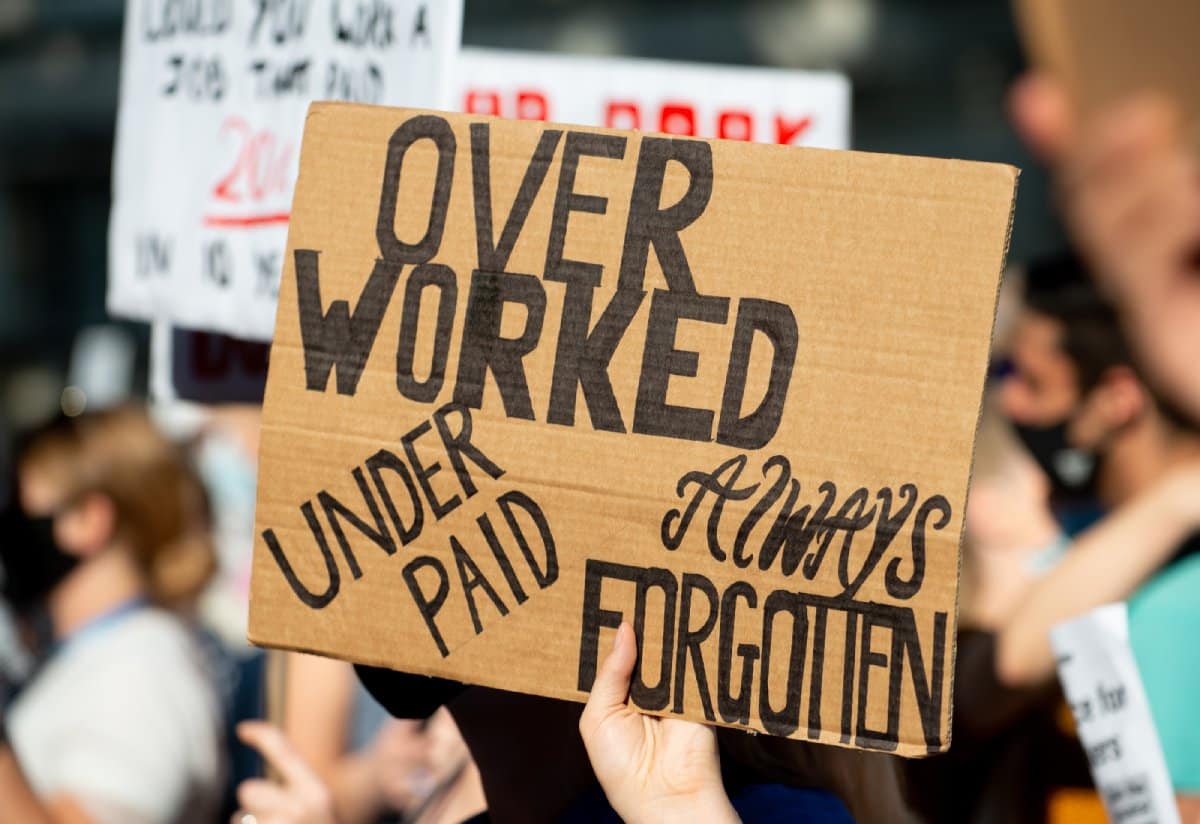
Recent Articles
Hey, let’s talk about that dream house of yours. You know, the one with more rooms than you can count[..]
Who hasn’t found themselves craving that crispy chicken sandwich or those irresistible fries from your favorite fast-food joint? I know,[..]
From the bustling cities of Texas with their open economic policies to the tech-driven landscapes of California, these two states[..]
Between the soaring skyscrapers of New York and the sprawling film studios of California, these two states stand as titans[..]
Stores across the U.S. are closing at unprecedented levels, according to new research from advisory firm Coresight Research. Read on[..]
Chicago Public Schools (CPS) is getting ready to plan out the 2025 school budget, and it looks like the district[..]
Sanctuary cities are feeling the strain on their resources, and migrant homelessness is on the rise, as residents are unable[..]
Following the historic regulation recently imposed in California, which granted a $20 minimum wage for all fast food workers, advocate[..]
If you’ve got a sweet tooth, you might have noticed a changing trend in the world of chocolate. Higher prices[..]
TRENDING NOW
The U.S. is poised on the brink of a major labor shift. The Biden administration is set to unveil a rule that could transform how gig economy workers are classified, impacting millions and stirring up a mix of reactions across various industries. A Groundbreaking Rule The Biden administration is about[..]
TRENDING NOW
YOUR MONEY,
CAREER & EDUCATION,
BETTER LIVING,
INVESTING
Whether you’re looking to invest smarter, save better, or simply stay in the know about money matters, we’ve got you covered. Join our community of savvy individuals and let’s journey together towards financial success and a brighter future.
With Wealthy Living by your side, achieving your financial goals has never been easier. wealth


ABOUT US
At Wealthy Living, we’re all about making money management and wealth growth a breeze. We provide practical advice, insightful tips, and the latest trends in personal finance, all delivered in a friendly and approachable way.
Whether you’re looking to invest smarter, save better, or simply stay in the know about money matters, we’ve got you covered. Join our community of savvy individuals and let’s journey together towards financial success and a brighter future.
With Wealthy Living by your side, achieving your financial goals has never been easier.

























